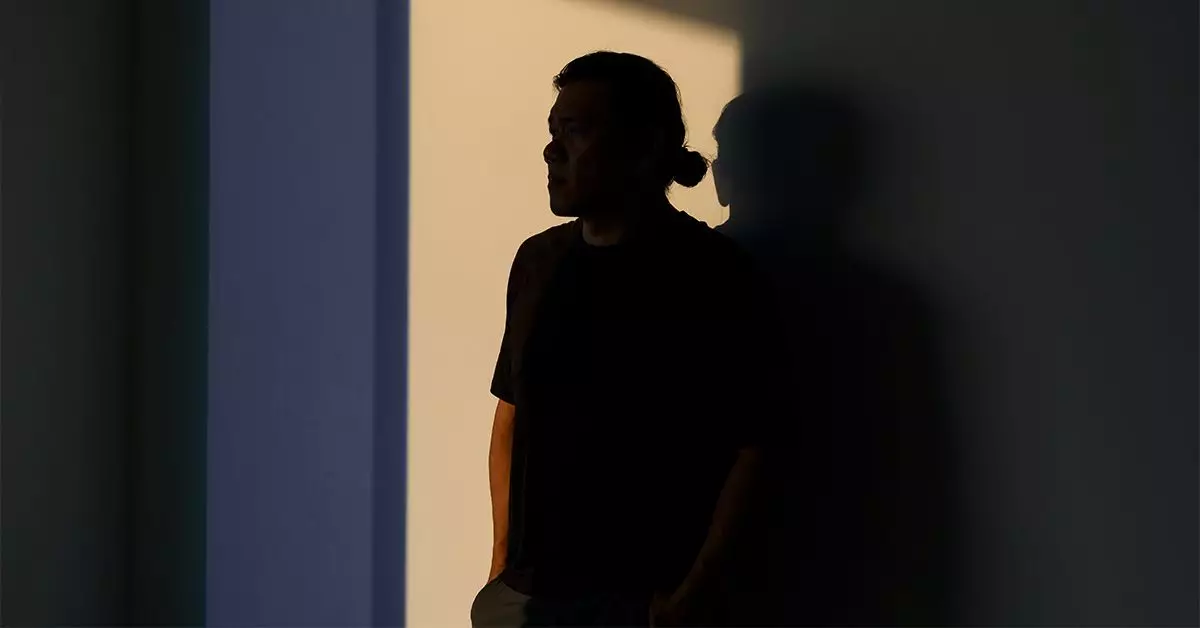Childhood sexual abuse is a profound violation that can leave psychological scars deep enough to affect an individual’s entire life. While those who have suffered such trauma are often physically distanced from their experiences, the roots of their pain can germinate deeply, culminating in various mental and emotional challenges well into adulthood. Recognizing the indications of unresolved trauma, especially in adults, is crucial for fostering understanding, empathy, and action towards healing.
For many adults who experienced sexual abuse during their formative years, mental health challenges are prevalent. Anxiety, depression, and post-traumatic stress disorder (PTSD) are often rooted in their traumatic history. However, these symptoms are just the visible surface of a complex emotional and psychological landscape shaped by significant early life trauma. The struggles faced could range from intense feelings of shame and guilt to pervasive low self-worth—the latter often prohibiting healthy interpersonal relationships.
Many survivors may struggle with understanding the origins of their distress. Regardless of how astute they are, the subconscious nature of their traumatic experiences prevents a conscious understanding of triggers and coping mechanisms. The deep scars left by abuse can clutter the mind with confusion and pain, leading to a cycle of negative self-perception and maladaptive behaviors.
One coping mechanism many survivors develop is dissociation, a survival strategy that creates a mental disconnect from painful experiences. Adults who have endured childhood sexual abuse may find themselves experiencing dissociative episodes where they feel disconnected from their body or thoughts. Some describe these moments as “out of body” experiences, wherein their consciousness temporarily disengages from the present, making daily functioning a significant challenge.
Dissociation can interfere with self-identity, creating a fractured sense of self that complicates relationships and personal acceptance. Such experiences may not only hinder emotional recovery but also contribute to the development of more severe mental health disorders.
Among the most debilitating consequences of childhood sexual abuse is PTSD. This condition manifests in various ways, such as flashbacks, nightmares, and debilitating anxiety. Flashbacks can act as vivid reminders of the trauma, almost forcing individuals to relive their harrowing experiences in startling clarity. Nightmares wrought with trauma-related themes can disrupt sleep patterns and introduce constant fear, leading to chronic insomnia and daytime fatigue.
PTSD’s grip can be suffocating, requiring professional intervention and therapeutic engagement to begin the healing journey. Effective treatment can offer tools to manage the symptoms and help individuals regain control over their lives.
The emotional aftermath of childhood sexual abuse is intricate. Common struggles include pervasive feelings of worthlessness, shame, and guilt, creating a tumultuous emotional landscape. Such feelings can become entrenched, leading to hopelessness that often accompanies depression. Individuals suffering from depression may withdraw from social activities and struggle with motivation, isolating them further in their pain and complicating the road to recovery.
Therapy offers a lifeline, teaching individuals essential coping strategies and providing a supportive environment where they can process their feelings safely. Medication may also be necessary for some, helping mitigate the most challenging symptoms of depression and anxiety.
For some, coping with the anguish stemming from unresolved trauma may lead to substance abuse. Alcohol and drugs can appear as enablers, providing a temporary reprieve, but often result in a destructive cycle of dependency that exacerbates mental health issues. Self-harming behaviors may also emerge, serving as another painful method of coping with overwhelming emotional distress. These actions can be signals seeking immediate professional intervention, indicating profound internal struggles requiring attention.
Awareness and acknowledgment of the signs of childhood sexual abuse in adults are crucial steps toward recovery and healing. Various resources exist to guide survivors, including therapy, support groups, and crisis centers. Prognosis can significantly improve when survivors are encouraged to seek professional help and connect with those who understand their experiences.
Building an environment that fosters open discussions about trauma can facilitate healing, guiding survivors toward recovering their narrative and reclaiming their power. Recovery is a journey, replete with its challenges, yet understanding the signs and offering compassionate support can catalyze significant personal growth.
The ripple effects of childhood sexual abuse extend far beyond childhood, often influencing emotional and mental wellness throughout adulthood. Recognizing and understanding the signs can significantly aid in dismantling stigma and encouraging survivors to seek the supportive resources they desperately need on their path to healing.

